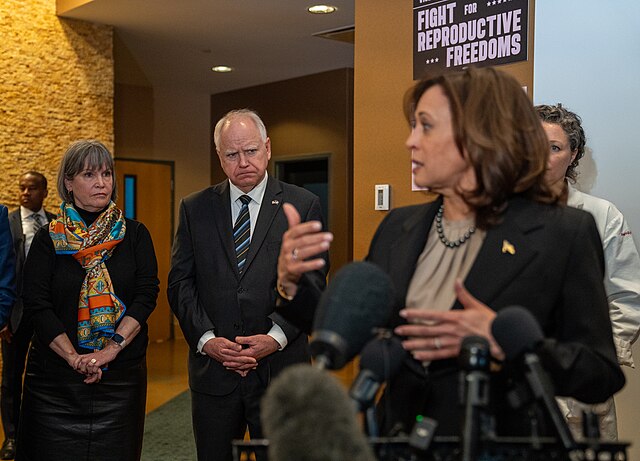For most students, holding down a job while in college is standard practice. Statistics show that almost two thirds of students will undertake part-time work while enrolled on a full-time college course. The number of students in employment is more apparent in some industries than others and most of the part-time work we engage in falls into customer-facing roles including those in retail, hospitality and other services. As a result, certain jobs are often referred to as being “student jobs”. This descriptor may have begun as a label grounded in logical data, but it has developed into a societal conceptualisation that can be defined in a far more derogatory way. The label of a student jobs is a categorisation that encapsulates many of the assumptions and connotations of the work undertaken by young adults and minimum wage employees.
At the end of the day, it is irrelevant whether someone is a director in a big four company or if they are on day four in a new company. Regardless of the role and the company, there is a basic level of respect everyone is entitled to and our increasingly efficient and fast-paced society seems to be losing this respect. Perhaps this is in part as a result of the commercialisation aspect of our societies; the idea in which paying for something translates into having a right to it. And this makes sense in the legal concept that relies on balancing our transactions. But the dynamics and entitlements of customer services transactions are not simply theoretical and legal dealings. The right to human decency within a transaction is more nuanced. Regardless of what the pay is, regardless of the power dynamic, the right to respect should not be up for debate. Under an economic lens, it is rational to place wages on a scale and impose a minimum point. However, the minimum wage does not exist to justify treating someone with less respect because their payslip has less digits.
Our wages may be on the lower end of the scale but this incurs no right for the level of courtesy earned to be equated to that same scale. The customer is not always right but neither is the customer always polite. When we are cursed at, scoffed at and snapped at, I wonder what they would do if we responded in kind. What would the outcome be if my customer service voice was replaced with the passive aggressive (or sometimes truly aggressive) anger spouted my way. If the customer service sector reversed the direction of the rudeness there would be complaints, Google reviews and demands to speak to the manager. But instead we force our customer service mask to remain in place. Where they are demanding, we must remain demure. Where they are apoplectic, we must remain apologetic. Where they are outspoken, we must bite our tongue.
I am in a unique position. My sheer inability to sit still or take a break means I work two jobs. These two jobs are very different. In one I work with approximately 60 other college students and in the other I am the sole college student amongst a team of full-time or permanent employees. As with any job that entails working with the public, both roles provide me with my fair share of customer service anecdotes. However, there are key distinctions between my experiences in each role. In one job I wear a blazer and heels, while in the other job I am most likely to be found in a staff hoodie and a nametag. This appears to be a trivial and superficial difference but it correlates with a difference in the way I am treated. The job in which I am wearing a blazer is far less likely to see my age brought into debate as a means of demeaning me and the escalation into demanding a manager is far less frequent. By contrast when dressed in my staff hoodie I have a far greater likelihood of being spoken to with condescension, derision and contempt. A judgement is made based on my attire and my job that sets the tone for the interaction. I am the same person regardless, but the level of automatic respect that is either withheld or granted is influenced by the environment I work in and the connotations of my role.
Those roles that are disparaged and minimised as being “just college jobs” would simply not exist without college students. The services of certain industries would flounder without college students. And yet the customer service stories my friends and I share are increasingly ridiculous.
That a place of business has the air of “being run by students” is a criticism, but it’s an ironic critique. Because those students who run it, are the exact reason it can exist. There is an almost humorous level of irony in the complaints of people who would never dream of undertaking such roles themselves. Certain sectors of our societies consider themselves above the work of “student jobs”. It is as if graduating out of tertiary education means graduating out of a hierarchical rung of the workforce. In many ways, this echoes the disregard and disrespect faced by immigrants in various sectors of the Irish labour force. There are an estimated 3,000 delivery workers in Ireland, of whom a significant proportion are immigrants who have arrived in Ireland internationally from South American countries like Brazil. Despite the high levels of food delivery ordered every single day in Dublin, a strike was organised by many of these drivers in order to protest their poor pay. A huge proportion of people utilise delivery services but very few of them recognise the workers who provide this service. In many ways the economy relies on students and immigrants but relying on us is not the same as recognising or respecting us.








